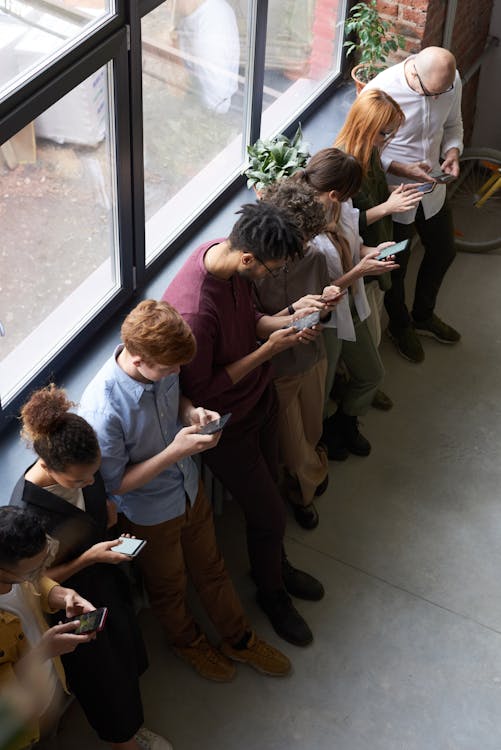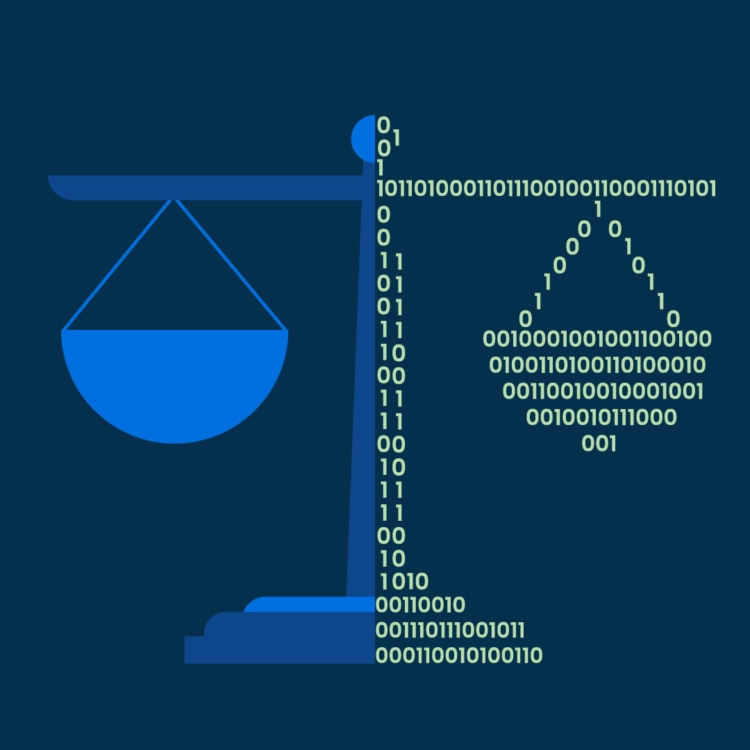AI Benefits When Fashion Lacks Copyright Protections

By Kaitlyn Dobbins
Generally, copyright protections do not protect much in the fashion industry.[1] Fashion designers can find copyright protections only for those elements of their work that are a separable pictorial, image, or graphic.[2] Essentially, if the work of art can be conceptually separable (independently recognized) from the piece of clothing, it can be protected.[3] Consequently, design elements like common patterns, common colors, or cuts of fabric will not be protected by copyright law.[4]








